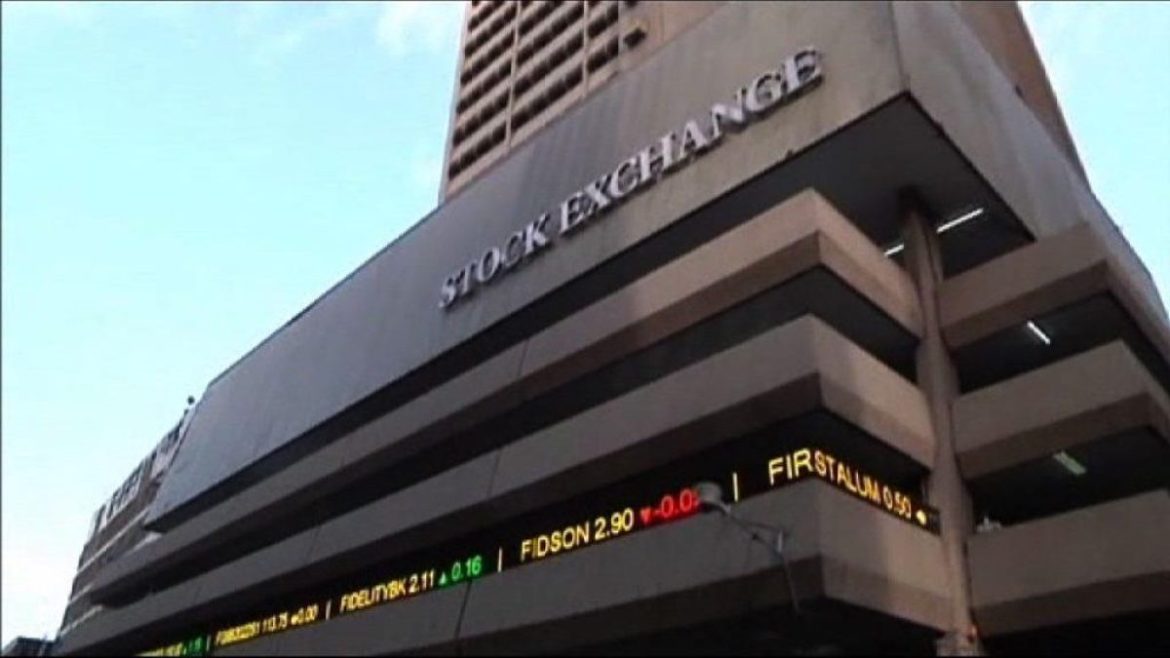The Securities and Exchange Commission (SEC) has officially announced that the Nigerian capital market will adopt a T+2 settlement cycle for all equities transactions, starting November 28, 2025. This marks a significant shift from the current T+3 settlement cycle, and aligns Nigeria’s financial market with global settlement standards.
In a circular released on Tuesday and confirmed in a statement on Wednesday, the SEC said the change follows an extensive review of the market structure and consultations with stakeholders, including market operators, brokers, custodians, and investment institutions.
Under the new settlement regime, equity trades will be completed two business days after the transaction date, instead of the existing three-day window. This means trades executed on November 28, 2025, will be settled on December 2, 2025 (assuming no public holidays in between), marking the start of a new era in Nigeria’s financial market operations.
The Commission highlighted that the T+2 transition is aimed at improving market efficiency, enhancing liquidity, and reducing counterparty and systemic risks associated with delayed settlement. By shortening the time it takes for funds and securities to be exchanged, investors will gain faster access to their assets, helping to bolster market confidence and activity.
The SEC’s circular reads, “The T+2 settlement cycle for equities transactions will take effect on November 28, 2025. This connotes that transactions executed on that day will be settled using the T+2 cycle.”
According to the regulator, this change aligns Nigeria with global financial hubs, such as the United States, United Kingdom, Canada, Australia, and parts of Asia, where the T+2 cycle is already the norm. The move is part of broader market infrastructure reforms aimed at increasing Nigeria’s appeal to both domestic and foreign investors.
“This transition is a significant step in repositioning the Nigerian capital market in line with international best practices. It places Nigeria in a stronger position to attract capital, especially from institutional and global investors looking for markets that offer stability, predictability, and operational efficiency,” the SEC noted.
All capital market operators, including brokers, dealers, clearing houses, custodians, and settlement banks, are required to upgrade their systems and processes to accommodate the T+2 framework before the effective date. The Commission is expected to monitor compliance closely to ensure a seamless and disruption-free transition.
The SEC also advised investors to consult their stockbrokers and financial advisers to understand how the shift to T+2 may impact their transaction timelines, especially in areas like dividend payouts, share transfers, and capital gains strategies.
While the T+2 cycle is a positive step, analysts caution that effective implementation will depend on the readiness of market infrastructure providers such as the Central Securities Clearing System (CSCS) and trading platforms under the Nigerian Exchange Group (NGX). Timely reconciliation, efficient payment systems, and improved investor education will be essential for ensuring a smooth migration.
Industry experts have welcomed the SEC’s announcement, describing it as a pro-investor policy that boosts confidence in the depth, reliability, and sophistication of Nigeria’s financial markets.
In the words of a Lagos-based investment analyst, “The adoption of T+2 is long overdue. It reduces exposure to risks and aligns Nigeria with what global portfolio investors expect. It’s a sign of seriousness and structural readiness.”
The Commission reaffirmed its commitment to strengthening investor protection and modernising the market. As Nigeria looks to attract more capital inflows, especially with ongoing macroeconomic reforms, the T+2 initiative may become a critical lever in deepening the local financial ecosystem.
The SEC is expected to release implementation guidelines and readiness checks in the coming months, leading up to the November rollout.
